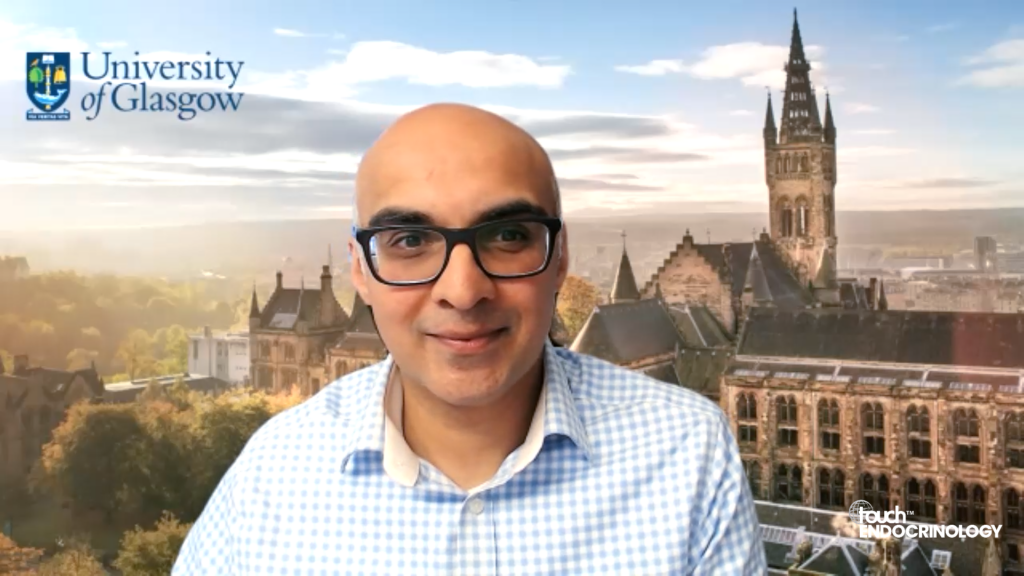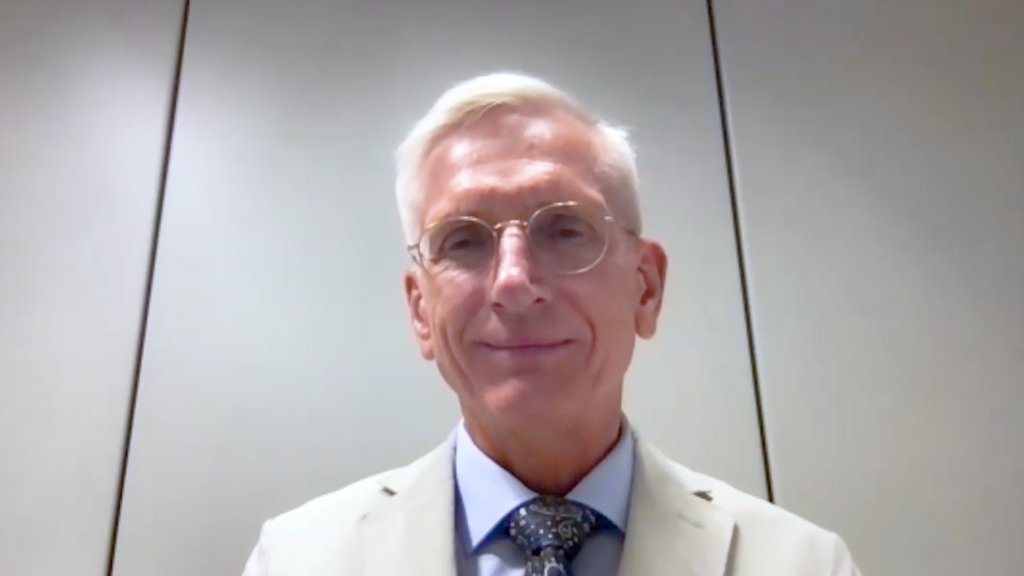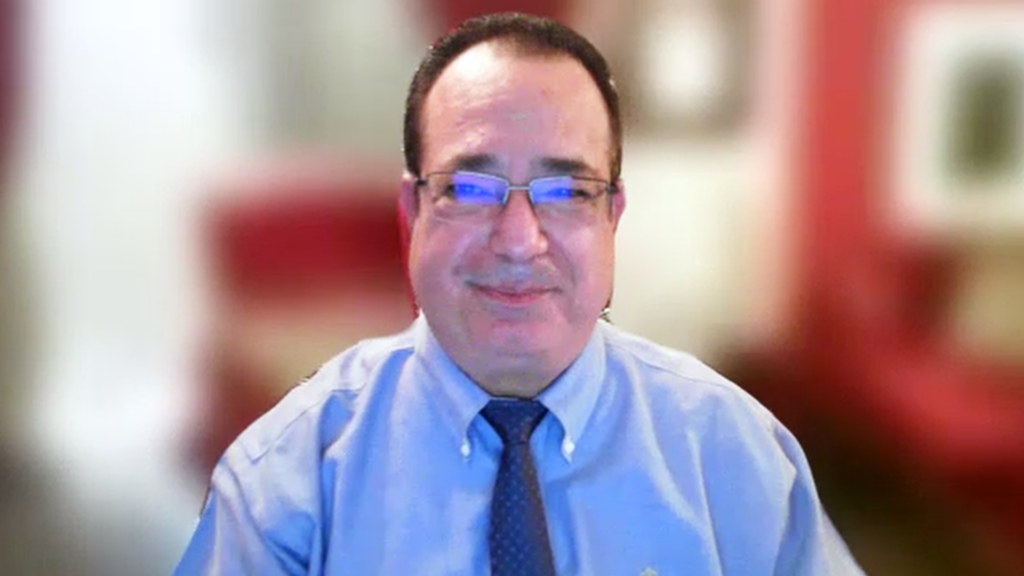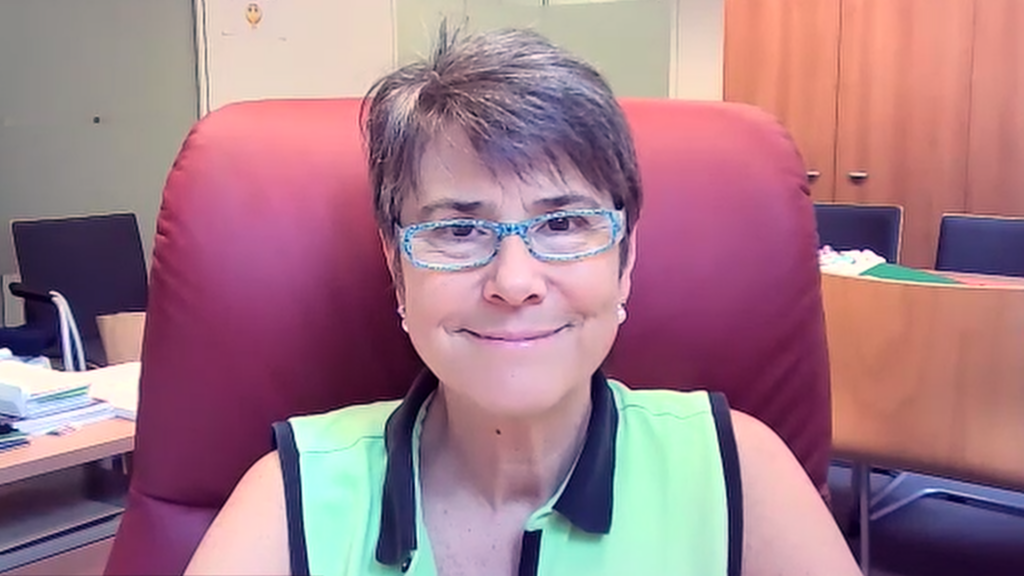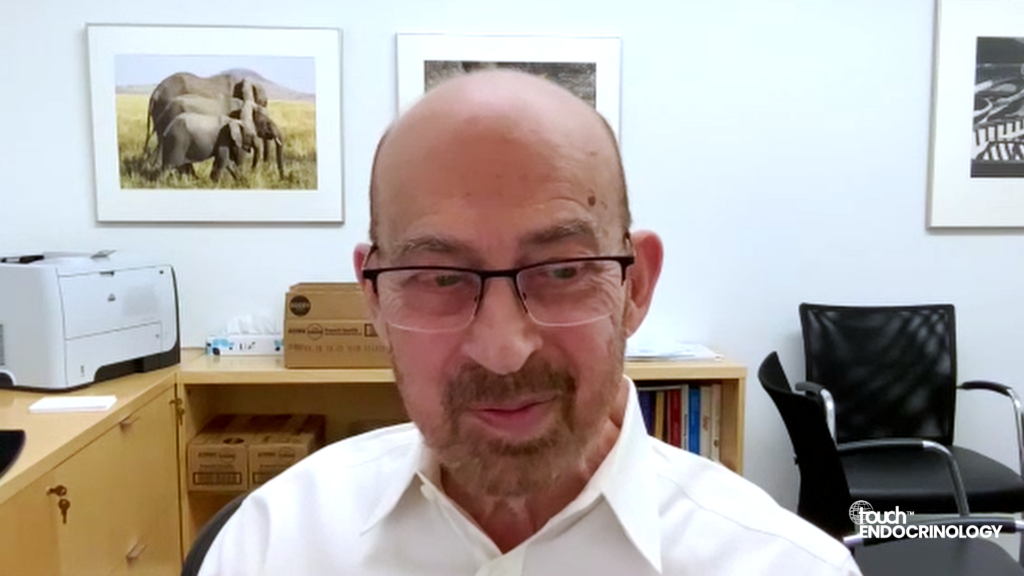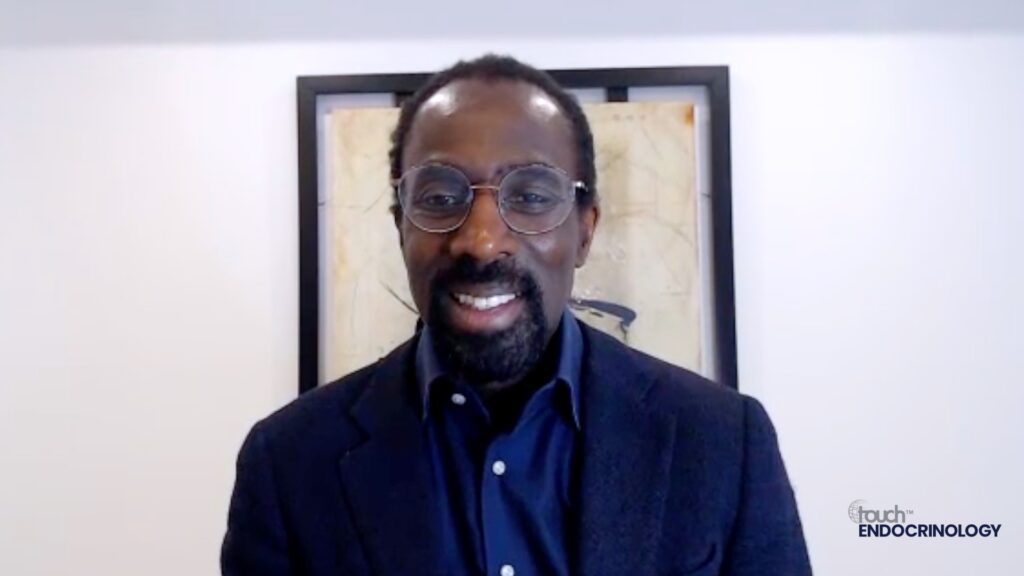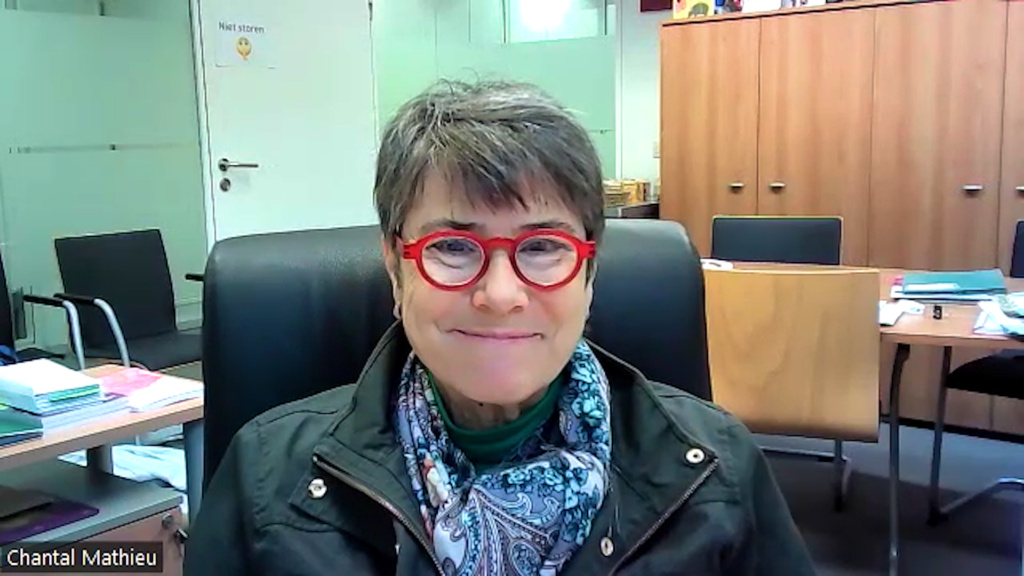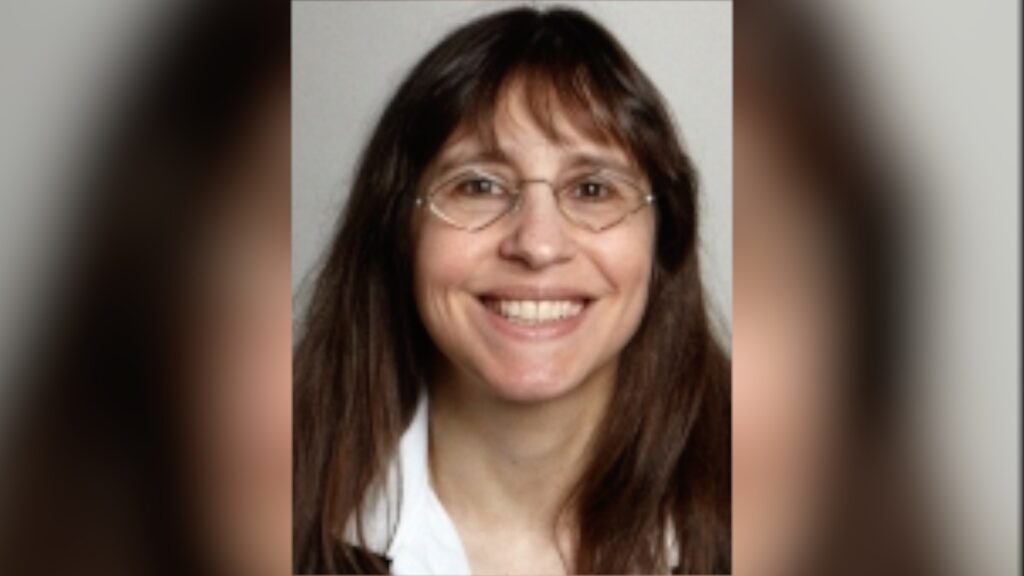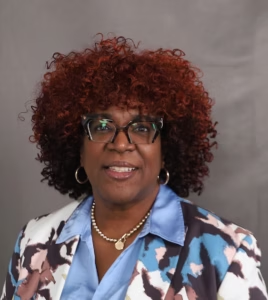 In this insightful interview, Dr Veronica J. Brady, 2025 President of the Association of Diabetes Care & Education Specialists (ADCES), speaks about the organization’s mission to empower diabetes care and education specialists and improve patient outcomes. Dr Brady discusses the critical role of addressing unconscious bias in healthcare, particularly in diabetes care for underrepresented populations, and highlights ADCES’s initiatives, including a recent summit, aimed at fostering awareness and driving systemic change. She also emphasizes the need for continued policy support to ensure equitable access to quality diabetes care.
In this insightful interview, Dr Veronica J. Brady, 2025 President of the Association of Diabetes Care & Education Specialists (ADCES), speaks about the organization’s mission to empower diabetes care and education specialists and improve patient outcomes. Dr Brady discusses the critical role of addressing unconscious bias in healthcare, particularly in diabetes care for underrepresented populations, and highlights ADCES’s initiatives, including a recent summit, aimed at fostering awareness and driving systemic change. She also emphasizes the need for continued policy support to ensure equitable access to quality diabetes care.
Q1. Can you tell us about the mission of ADCES and how the organization is working to advance diabetes care and education to improve patient outcomes? The mission of ADCES is to “Empower diabetes care and education specialists to expand the horizons of innovative education, management, and support.” To achieve our mission, we aspire to put the necessary tools and resources in the hands of our members/customers/constituents to allow them to explore and develop innovative ways to address the needs of people living with and at risk for diabetes to improve health related outcomes. We also have several partners in the community that we collaborate with on our efforts to expand the reach of the diabetes care and education specialist (DCES) as well as to encourage those who are dedicated to the care of people with and at risk for diabetes to obtain their certification. It is well known that those living with and at risk for diabetes have better health outcomes after receiving the services of the DCES.
Q2. How does unconscious bias affect the diagnosis and treatment of diabetes, particularly in underrepresented populations? As you know we all show up as who we are based on our past experiences, upbringing, cultural influences, etc. People with diabetes and the healthcare professionals that they engage with also have their own experiences. These experiences dictate our implicit/unconscious biases. As it relates to underrepresented populations living with and at risk for diabetes this unconscious/implicit bias on the part of the healthcare professional, influences prescribing of medications, technology and participatory decision-making, which often leads to less-than-optimal health outcomes for the person who is the recipient of the bias.
Q3. What steps are ADCES taking to raise awareness of unconscious bias among healthcare providers? ADCES has begun the work of raising awareness of unconscious/implicit bias by hosting an “Unconscious Bias Summit” in December of 2024. This summit brought together 50 individuals from 42 organizations representing industry, diabetes related associations, healthcare organizations, healthcare professionals and professional organizations. Our goal for this summit was to “set the stage” as it relates to recognizing unconscious/implicit bias. Our interactive session entitled “Creating a shared vision for addressing structural unconscious bias” got to the heart of the work that needs to be done in this space. Based on what we learned during the summit, our future efforts will focus on steps toward mitigating unconscious/implicit bias, which includes tools to asses for bias, learning opportunities (webinars, preconference’s), etc.
Q4. What policy changes do you believe are necessary to reduce unconscious bias in diabetes care? While we are currently facing challenges related to diversity, equity, and inclusion (DEI) as healthcare professionals, we need to continue to be attentive to how the presence of these characteristics, that may be different from our own, impact how we show up to care for those living with and at risk for diabetes. To that end we start with recognition of bias, then we move on to ways to address/unlearn these biases. There are several policies and initiatives that have been put in place by the US Department of Health and Human Service Office of Minority Health related to linguistic services and accessibility. These policies need to be upheld and embraced in order for those who bear the burden of diabetes to receive equitable access to needed healthcare.
About Veronica J. Brady
Veronica Brady, PhD, RN, FNP-BC, BC-ADM, CDCES, has been a practicing Family Nurse Practitioner for 20 years. At Cizik School of Nursing, her teaching duties include nursing research for graduate and masters’ students.
Brady maintains a clinical nursing practice at UT MD Anderson Cancer Center in the department of Endocrinology. She joined the faculty of UTHealth Houston in summer 2019, after working at the University of Nevada, Reno School of Medicine as an associate professor in the Department of Endocrinology, where she maintained a diabetes practice. Her care of patients with diabetes includes those with type 1, type 2, gestational and pre-diabetes across the lifespan.
Brady has served on committees for numerous state and national professional organizations, including the Association of Diabetes Care and Education Specialist (ADCES) Board of Directors and research committee, as well as on the editorial board for American Diabetes Associations (ADA) Diabetes Spectrum.
Among her significant honors are: Honorable Mention for Excellence in Advancing Nursing Science, Harris County Clinic Excellence Award and nomination for Outstanding Teacher Award (2022).
Disclosure: This short article was prepared by touchENDOCRINOLOGY in collaboration with the Association of Diabetes Care & Education Specialists (ADCES). No fees or funding were associated with its publication.
Cite: Advancing Equity in Diabetes Care: An Interview with Dr Veronica Brady. touchENDOCRINOLOGY. May 13th, 2025
SIGN UP to touchENDOCRINOLOGY!
Join our global community today for access to thousands of peer-reviewed articles, expert insights, and learn-on-the-go education across 150+ specialties, plus concise email updates and newsletters so you never miss out.



